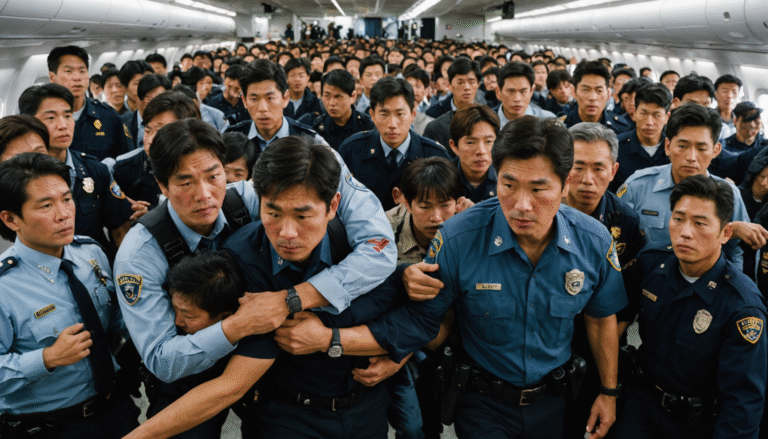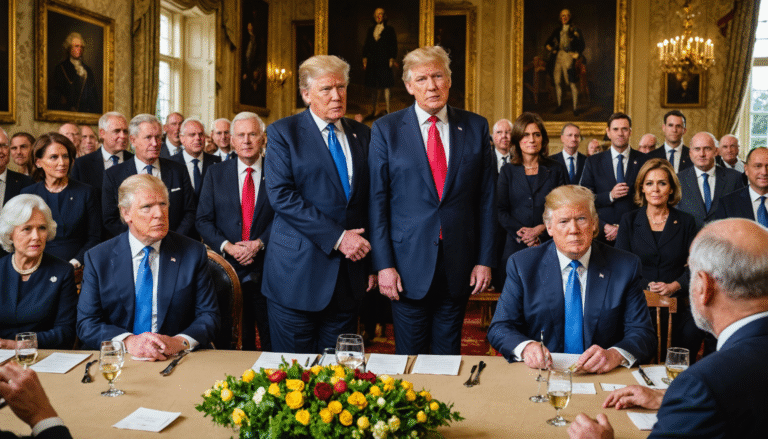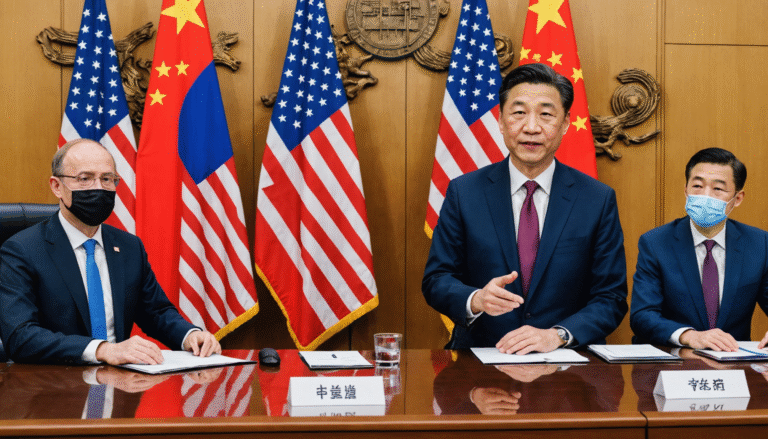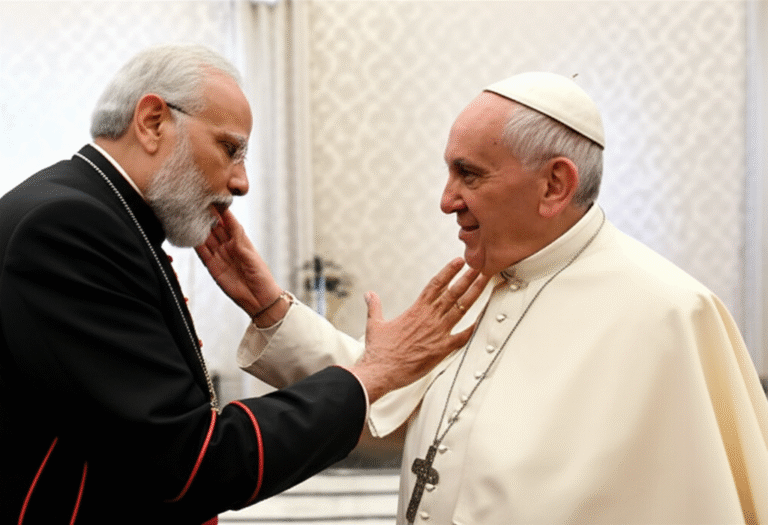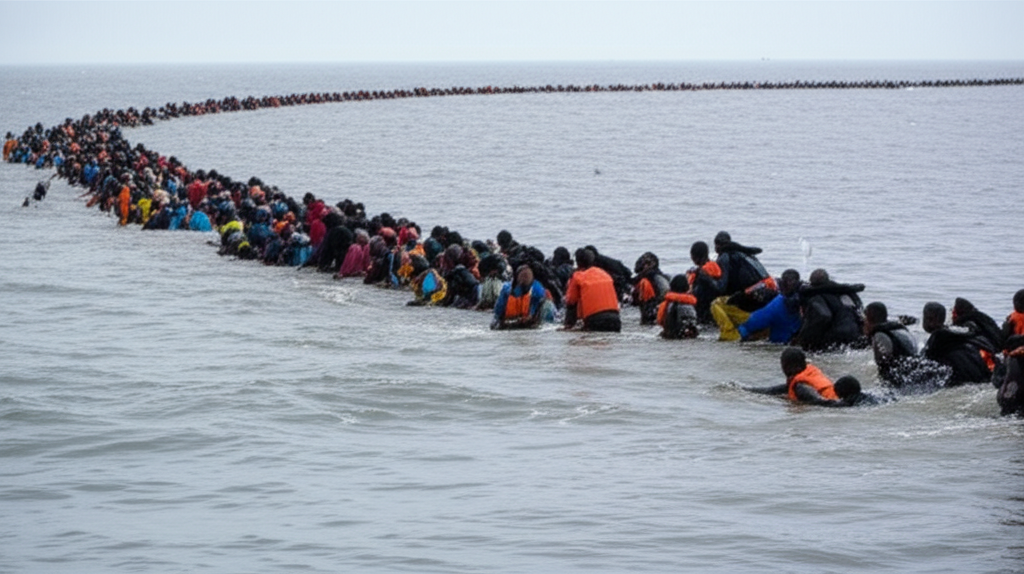
Hundreds of migrants attempted to cross the English Channel from the coast of France on Friday, the same day the UK government confirmed the second deportation under its “one in, one out” agreement with the French. The day’s events underscored the ongoing and complex nature of the migration situation, with dramatic scenes unfolding on French beaches and significant political discourse occurring in the United Kingdom regarding potential solutions. These latest **Channel crossings** began at daybreak, involving multiple groups and various methods of attempting the perilous journey. The developments come amid heightened debate over immigration policy, legal frameworks, and the roles of military and civilian forces in managing the situation. [Source]

Scenes on the French Coast
Early on Friday morning, observers witnessed several attempts by groups of migrants to launch boats from the area around Gravelines, a town north-east of Calais. At dawn, a notable scene involved an inflatable dinghy filled with men, women, and at least three children, which successfully made its way out to sea. As this vessel approached the shore to take on more passengers, a man was seen wading through the water carrying a baby on his shoulders to reach the boat. Throughout this particular launch, no police officers were present on the beach, although a French coastguard vessel was monitoring the situation from a distance. Those who were unable to board the dinghy were left behind and seen walking back toward the sand dunes.
Later in the morning, at approximately 9 a.m. local time, another boat, this one occupied by young men, was seen motoring along a canal that connects the town’s quay to the sea. This vessel was overtaken by local fishing boats as it made its journey. An earlier attempt at 5:30 a.m. involved a group of about 40 people who emerged from a quiet side street carrying a large inflatable boat over their heads. They proceeded to launch it into the canal. Police officers were present on the shore for this attempt and watched as the boat’s driver struggled to maintain a straight course. Another incident, which occurred earlier in the night, highlighted the risks involved. A group of migrants had to form a human chain down a steep, muddy bank to help pull people out after a boat launch in the canal failed. The continuous activity drew the attention of people walking along the seafront, including one audibly frustrated British tourist.
“Where are the police? They’re doing nothing,” he said.
The tourist expressed his anger at what he perceived as a lack of enforcement and stated he was “never coming back to France.”
Second Deportation Confirmed
While these events were unfolding in France, the UK government proceeded with a deportation under its recently established “one in, one out” deal. A second migrant, identified as an Eritrean man, was removed from the country on Friday. The man had previously launched a legal challenge to prevent his removal, but his bid at the High Court was unsuccessful. He was placed on a flight that departed from Heathrow Airport at 6:15 a.m. and was bound for Paris. This action represents the second instance of a migrant being sent to France under the agreement, a key component of the government’s strategy to deter illegal migration. The policy aims to create a direct link between arrivals and removals, signaling a tougher stance on unauthorized entries into the United Kingdom.
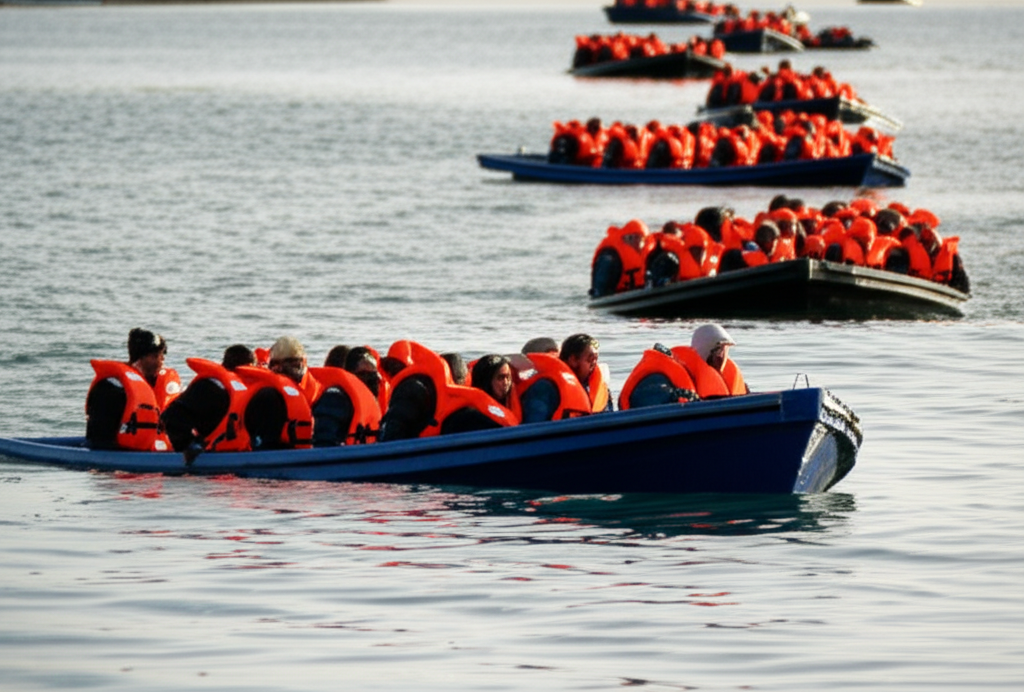
Political and Community Reactions
The ongoing migration crisis has elicited strong reactions, both politically and within local communities. In Kent, an anti-immigration protest is scheduled to take place in Canterbury over the weekend. In a contrasting local development, some residents in the town of Faversham are planning to “de-flag” the area. This initiative is a response to the appearance of dozens of St George’s Crosses that have been hung up in recent weeks, suggesting differing sentiments within the county regarding national identity and immigration.
The issue has also been a major topic of discussion at the national level. During his state visit, Donald Trump weighed in, suggesting that military intervention could be a viable tool for dealing with illegal migration to the UK. He remarked that illegal migration “destroys countries from within” and told the Prime Minister he “would stop it.” In his comments, made alongside Sir Keir Starmer on Thursday, Mr. Trump stated, “it doesn’t matter if you call out the military, it doesn’t matter what means you use.”
- Hundreds of migrants attempted to cross the Channel from near Calais on Friday.
- A second person, an Eritrean man, was deported to France under a “one in, one out” agreement.
- Cabinet minister Peter Kyle stated the government is willing to change laws to tackle the crisis.
- Donald Trump suggested using military intervention to address illegal migration to the UK.
UK Government’s Stance
In response to questions about Mr. Trump’s comments, Business Secretary Peter Kyle suggested that the armed forces should remain focused on national defence. Speaking on BBC Breakfast, he emphasized the role of the existing UK Border Force, which he said has been “reinforced and bolstered” and given new powers. Mr. Kyle acknowledged the existing relationship between the military and civilian border authorities, noting, “The Navy actually does have a working relationship with the UK Border Force, and the Navy can be called upon if needed.” However, he later reiterated his main point, adding, “What we really need at the moment is our military focused on all of those really key issues around the world, directly relating to our national defence.” In a separate interview with Times Radio, Mr. Kyle affirmed the government’s resolve to address the issue, stating that it is willing to use legal means to manage the **Channel crossings**. “We are challenging the law where it needs to be done, and we are willing to change the law where it is appropriate,” he said.
Background
The events of Friday are set against a backdrop of persistent political and legal debate over how to manage unauthorized migration. The government has faced sustained calls from figures within the Tory party and from Reform to leave the European Convention on Human Rights (ECHR). Proponents of this move argue that it is necessary to effectively deal with illegal migration by removing legal barriers to deportations. This view is not limited to one side of the political spectrum; senior Labour figures, including former foreign secretary Jack Straw, have also suggested that loosening the international agreement’s influence on UK law could help remove more unauthorized migrants. The “one in, one out” deal with France, under which the second deportation took place, is one of the government’s recent measures aimed at demonstrating control over the situation and deterring future crossings.
What’s next
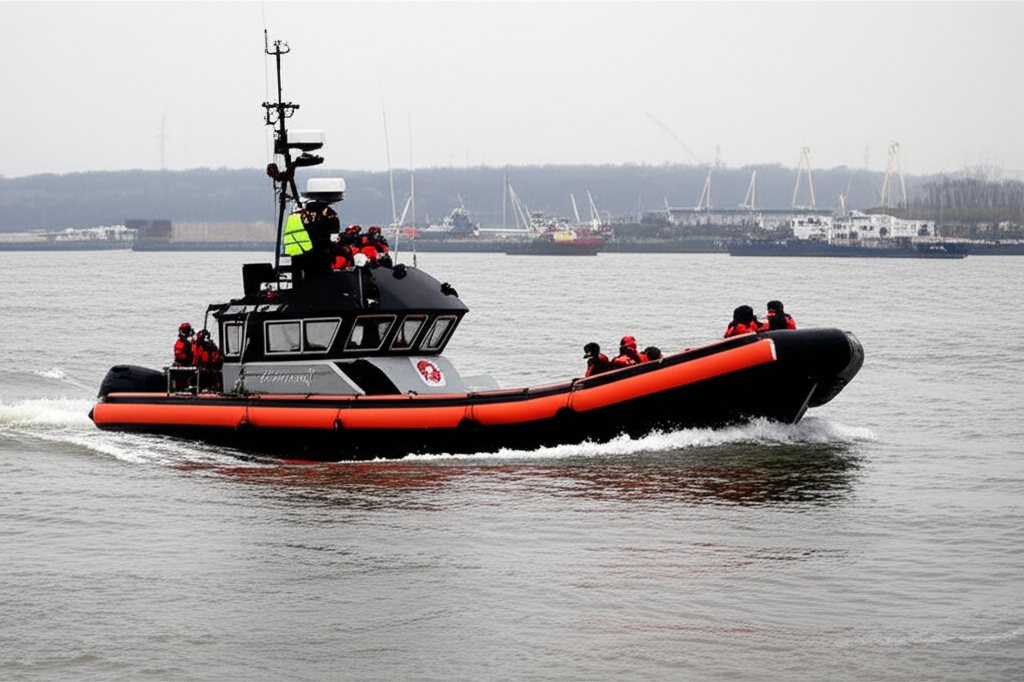
The immediate future is likely to see continued public and political focus on the migration issue. A planned anti-immigration march in Canterbury this weekend indicates that the topic remains a point of public contention and mobilization. On the policy front, the government’s willingness to “change the law where it is appropriate,” as articulated by Peter Kyle, suggests that further legislative proposals could be forthcoming. The ongoing debate surrounding the European Convention on Human Rights will likely intensify, as ministers weigh the potential benefits of withdrawing against the legal and diplomatic consequences. The government’s actions, coupled with the continued attempts by migrants to cross the Channel, ensure that this will remain a prominent and challenging issue for policymakers in the United Kingdom and Europe.

